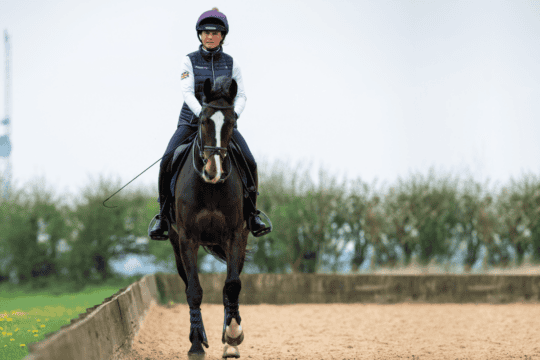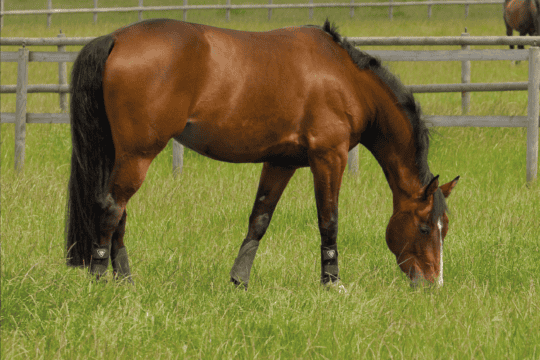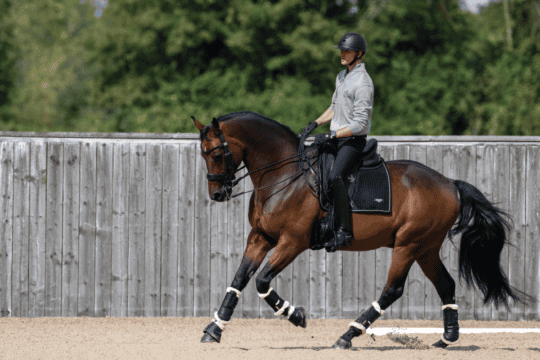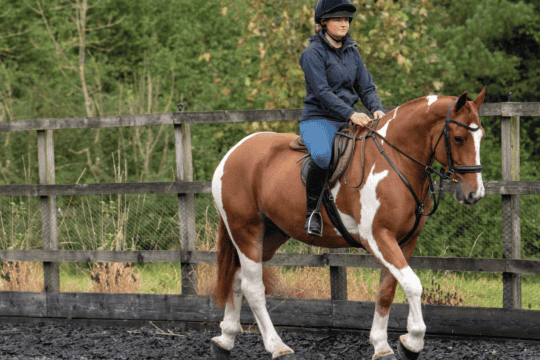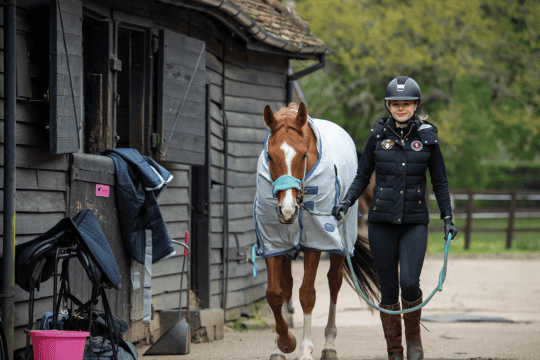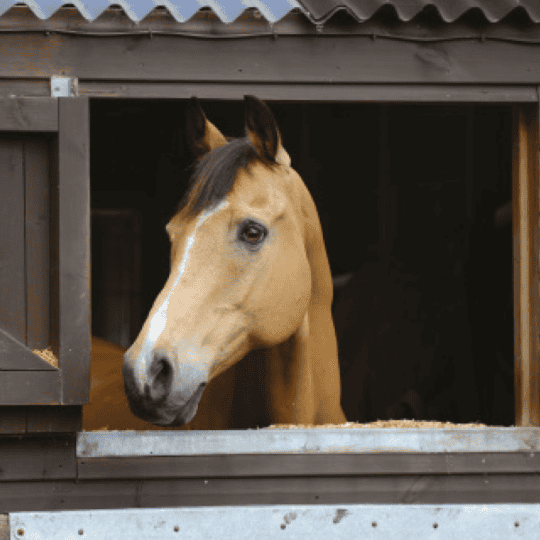How to choose the right equine therapist for your horse
Posted 24th January 2022
Whether your horse isn’t quite right or you’re keen to keep him feeling his best, bodywork can be a useful tool – but how can you ensure you’ve chosen the right practitioner? Suzannah Povey-White explains all
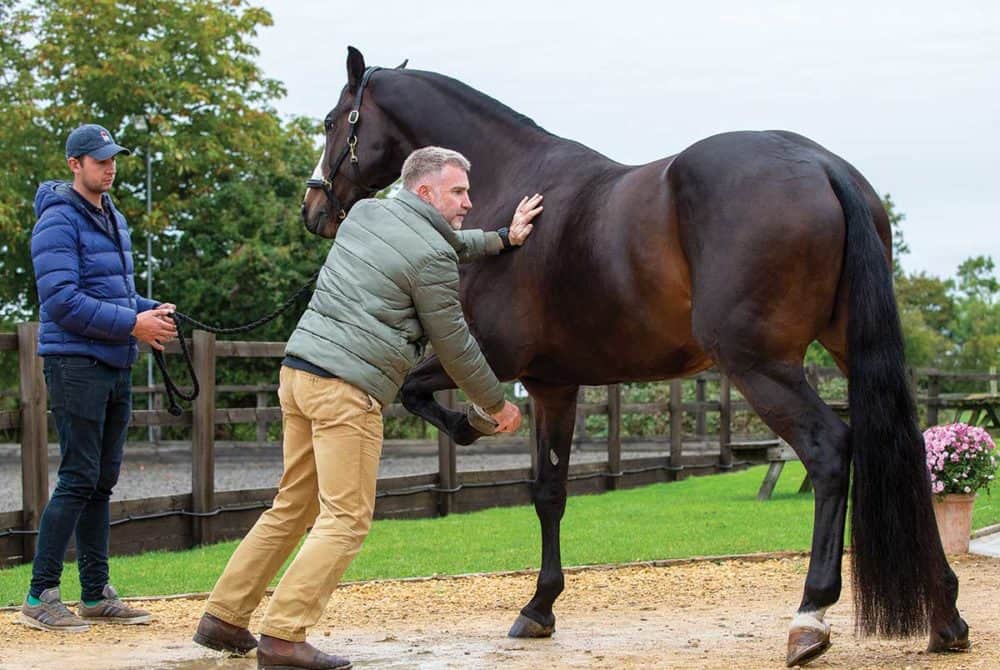
As more and more people understand the importance of regular bodywork and assessment for their horses, it’s vital horse owners understand who to call and for what reasons. Equine therapists are broad in expertise, technique and training, so to ensure the practitioner you use makes a positive impact on your horse’s wellbeing, it’s important to understand your options.
Teamwork first
According to the Veterinary Surgery (Exemptions) Order 2015, properly trained practitioners can attend to your horse either under referral by the horse’s vet, or as part of routine maintenance. The therapist isn’t legally bound to report back to the vet, however this is recommended to ensure collaborative care for your horse and make certain your therapist has all the relevant information. There’s also a clear and sensible order of operations to follow – if your horse becomes lame, your first port of call should be your vet, who’ll then advise if or when a practitioner should be brought into the equation.
Pick your practice
Each of the main three regulated professions do slightly different things and can be used effectively together, however there are overlaps in techniques. Broadly speaking…
- physiotherapists will be looking at performance and movement
- osteopaths will be looking at body harmony and functionality
- chiropractors will be looking at alignment and balance
These practitioners will belong to a membership body, the most common of which include…
- Association of Chartered Physiotherapists in Animal Therapy (ACPAT), which is for qualified human physios who’ve gained further qualifications in animal physiotherapy
- Association of Animal Osteopaths (AAO), which gathers qualified practitioners and student members to encourage better industry standards
- British Veterinary Chiropractic Association (BVCA) is open to qualified chiros with postgraduate training and a certification examination conducted by the International Veterinary Chiropractic Association (IVCA)
However, there are several other membership bodies, including the National Association of Veterinary Physiotherapists (NAVP), Institute of Registered Veterinary and Animal Physiotherapists (IRVAP) or McTimoney Chiropractic Association (MCA).
Question your choice
Before committing to your practitioner of choice, ask yourself a few questions to ensure you’re heading down the right path…
- is your horse visibly in pain or lame? If yes, call the vet not a therapist
- has your therapist spoken to your vet about your horse’s history and fed back any relevant information from the appointment?
- is your therapist qualified, registered and insured? You can check this information via the RAMP or AHPR databases
- lots of therapists will have a special area of expertise. Find out what your horse needs and find someone who has trained to deliver this
TOP TIP
Working with your vet doesn’t just ensure you don’t waste your money on a treatment that might not help – it could also give you access to a practitioner who comes highly recommended, as your vet may have top quality therapists in mind.
Want to know all the different practitioners and how they benefit your horse? Then grab the latest copy of Horse&Rider February on sale 27 January 2022


